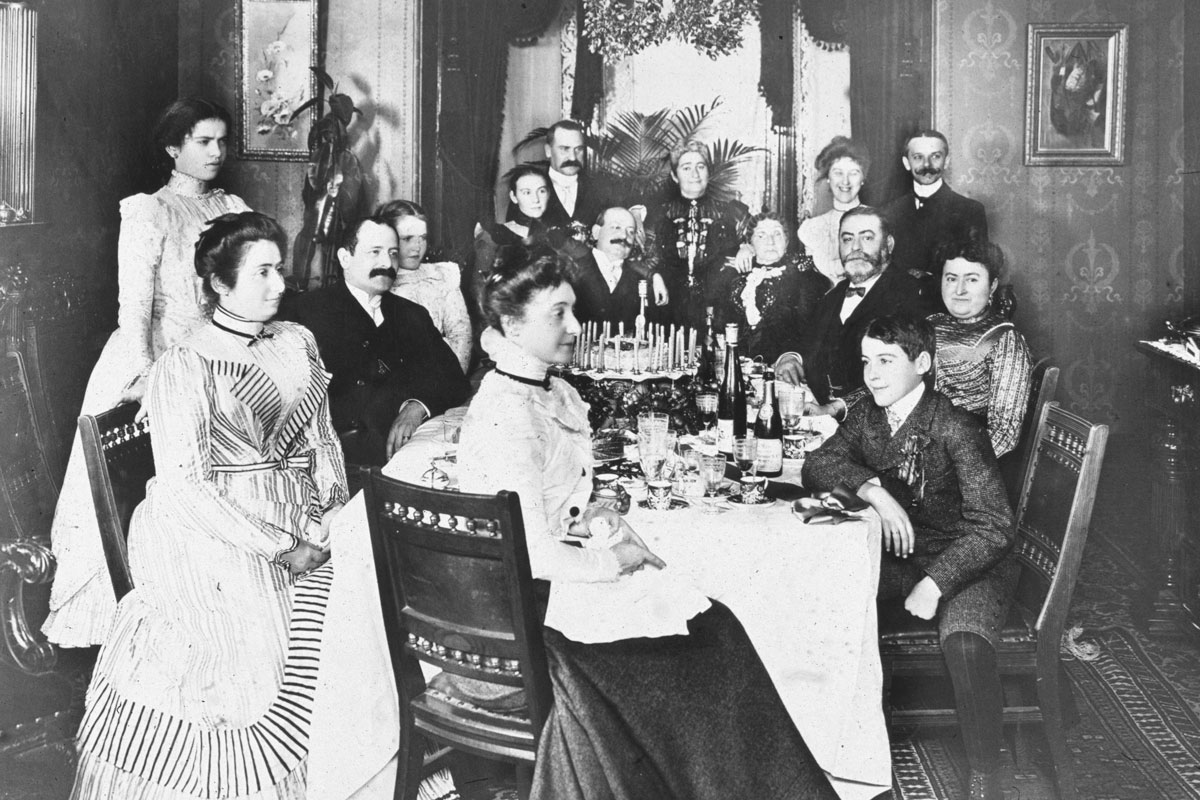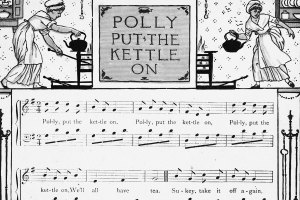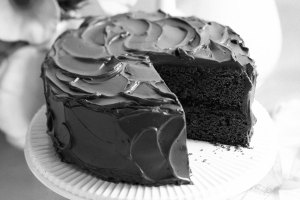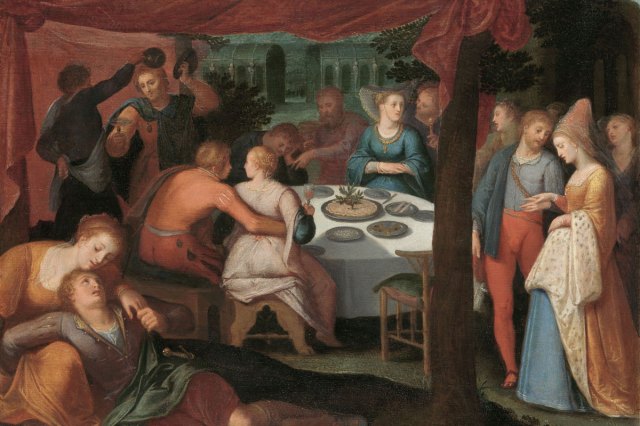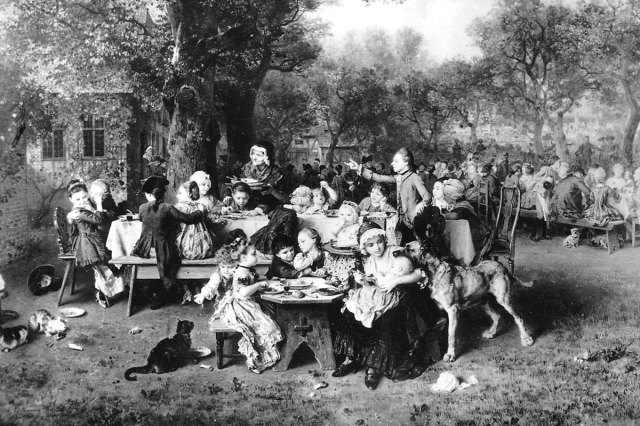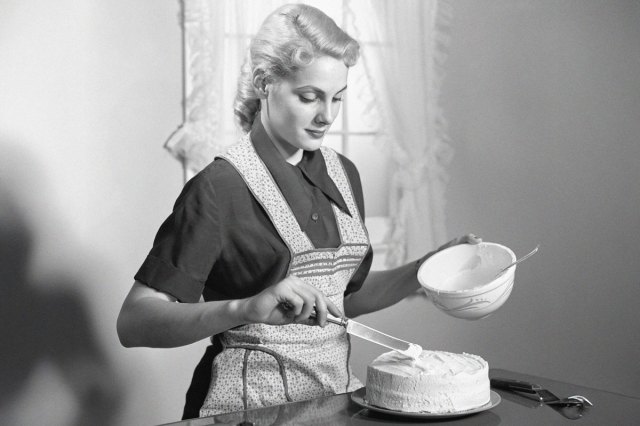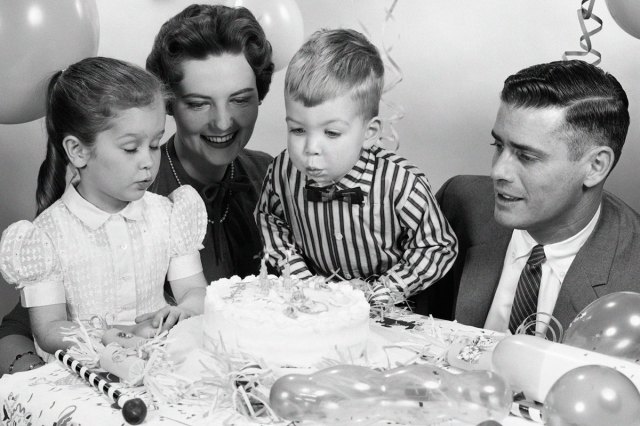Why Do We Eat Cake on Our Birthday?
Few traditions feel as universal as gathering around a frosted cake, lighting candles, and singing “Happy Birthday.” While the ritual seems timeless, the story of why we eat cake on our birthdays stretches back thousands of years — winding through ancient temples, Roman banquets, German children’s parties, and American kitchens.
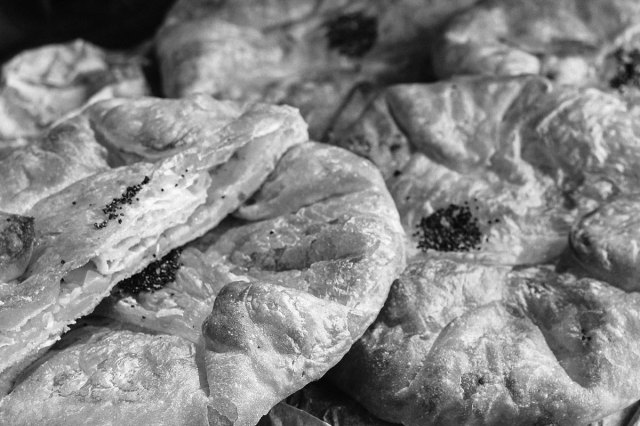
Cakes as Sacred Offerings
The word “cake” comes from the Old Norse kaka, but cakes in the ancient world looked quite different from today’s airy, sugar-laden desserts. Early cakes were dense, breadlike creations sweetened with honey, enriched with eggs or cheese, and flavored with nuts, seeds, or dried fruits such as raisins or figs. Archaeological and textual evidence shows that cakes were baked in Mesopotamia more than 4,000 years ago, and the Roman writer Cato described cakes wrapped in leaves and served at weddings and fertility rites.
But cakes weren’t just food — they were often sacred offerings. The Greeks presented honey cakes and cheesecakes to their gods, sometimes decorated with candles. One common offering to Artemis, goddess of the moon and the hunt, was the amphiphon, a round cheesecake topped with glowing candles meant to mimic the moon. Romans, too, baked cakes for religious purposes, including the libum, a mixture of cheese, flour, and egg baked on bay leaves as an offering to household gods. In these early forms, cakes linked the human and divine, symbolizing gratitude, fertility, or cosmic cycles.





